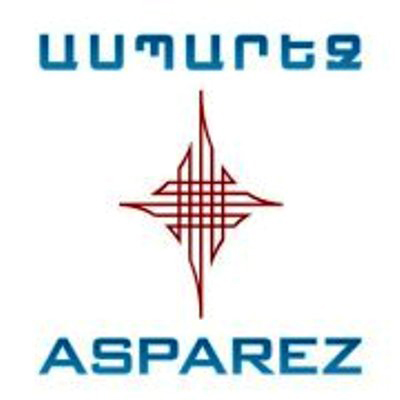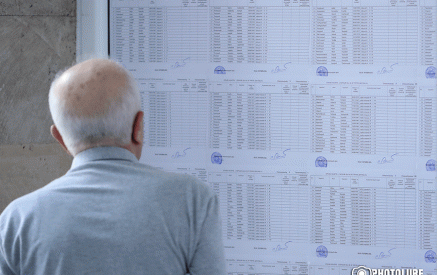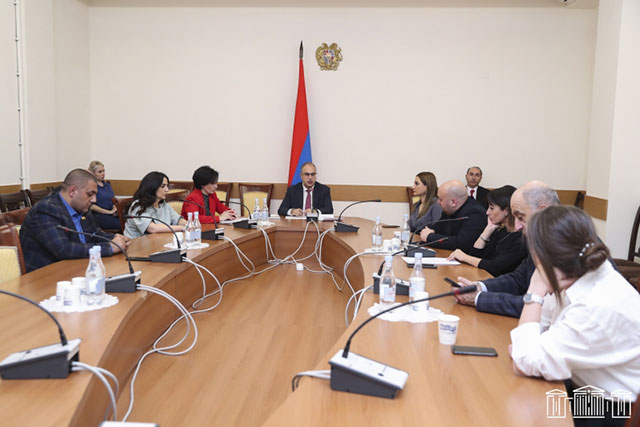The new Electoral Code of Armenia limits the number of observers and mass media representatives in polling station for the first time in the history of the third Republic, raising tangible barriers against these institutions implementing public control over elections.
In particular:
- In article 31 part 8 it is specified that only Mass Media having been disseminating information for at least one year before the elections can have representatives at polling stations; and the founder, despite the number of media created by him/her, can accredit no more than 50 representatives to cover the election processes. Besides, these restrictions do not relate to media carrying out terrestrial on-air broadcasting.
- Article 65 part 7 of the Electoral Code defines that the electoral commission has the right to limit the total number of observers and mass media representatives having the right to be in the voting room at the same time, upon a decision adopted by 2/3 of the votes of all members. The number of observers and mass media representatives may not be more than 15. This limitation does not relate to representatives of television and radio companies carrying out terrestrial on-air broadcasting.
Read also
Along with these limitations there is an unjustified discrimination upon the types of mass media. In particular, each media carrying out terrestrial on-air broadcasting can have limitless number of accredited representatives, whereas printed and online media cannot have more than 50. Besides, in one polling station all broadcasting mass media (there are 50 of them in Armenia) can have one working group each (journalist and cameraman/photographer), 125 people overall, but printed and online media can have a maximum of 15 people in case there is no observer at the polling station and even less in case there is an observer. This means that according to the legislators, 100-125 representatives of broadcasting media can no way hinder the smooth voting process, whereas 16 journalists from a printed media or 16 observers and paper/website journalist can do. In addition to this, media operating for less than one year have been deprived of the right to cover the election process.
While developing and adopting these restrictions, the RA authorities didn’t have any practical example of a situation when the overall number of media representatives and observers was ever a hindrance to the smooth voting process.
While developing and adopting these restrictions many representatives of the civil society of Armenia have pointed out how unjustified and unreasonable are they and called to the RA authorities to quit these intentions. No result.
During 2001-2016 Journalists’ Club “Asparez” with its mass media (“Asparez” monthly newspaper, “Asparez” daily paper, www.publicdata.am website) have had more than 700 representatives to the all RA national and legal elections without any quantitative restriction and they have send urgent information about voting and calculation processes. But now, because of the above mentioned restrictions, JCA media will not be able to carry out the necessary control with their representatives. The function of a medium to gather and report information having only 50 representatives in Armenia where there are 2000 polling stations, was put to become artificial.
Taking into account all of the above, Journalists’ Club “Asparez” calls to RA National Assembly and all the members of deputies:
- Urgently review the above-mentioned provisions of the RA Electoral Code, remove the limitations of accredited media representatives and the possibility to limit the general number of observers and media representatives.
- Urgently review the above-mentioned provisions of the RA Electoral Code, remove the discrimination of media by their type.






















































